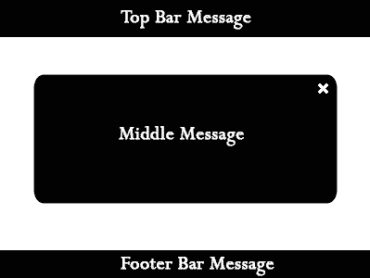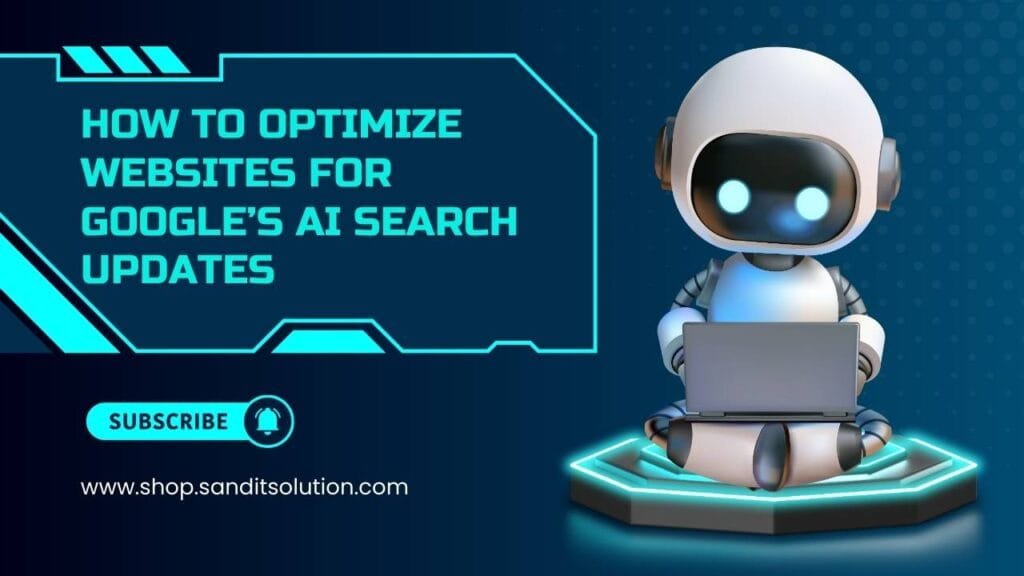Cart
Sponsor
Top Rated Products
-
 We will manage / design your wix website
Rated 5.00 out of 5
We will manage / design your wix website
Rated 5.00 out of 5$180.00Original price was: $180.00.$160.00Current price is: $160.00. -
 Om Contact Form Pro
Rated 5.00 out of 5
Om Contact Form Pro
Rated 5.00 out of 5$260.00Original price was: $260.00.$200.00Current price is: $200.00. -
 NEW WAY
Rated 5.00 out of 5
NEW WAY
Rated 5.00 out of 5$30.00Original price was: $30.00.$28.00Current price is: $28.00. -
 Popup Shraddha Pro
Rated 5.00 out of 5
Popup Shraddha Pro
Rated 5.00 out of 5$24.00Original price was: $24.00.$16.00Current price is: $16.00. -
 Simana Royal Coming Soon Template
Rated 5.00 out of 5
Simana Royal Coming Soon Template
Rated 5.00 out of 5$25.00Original price was: $25.00.$15.00Current price is: $15.00.
